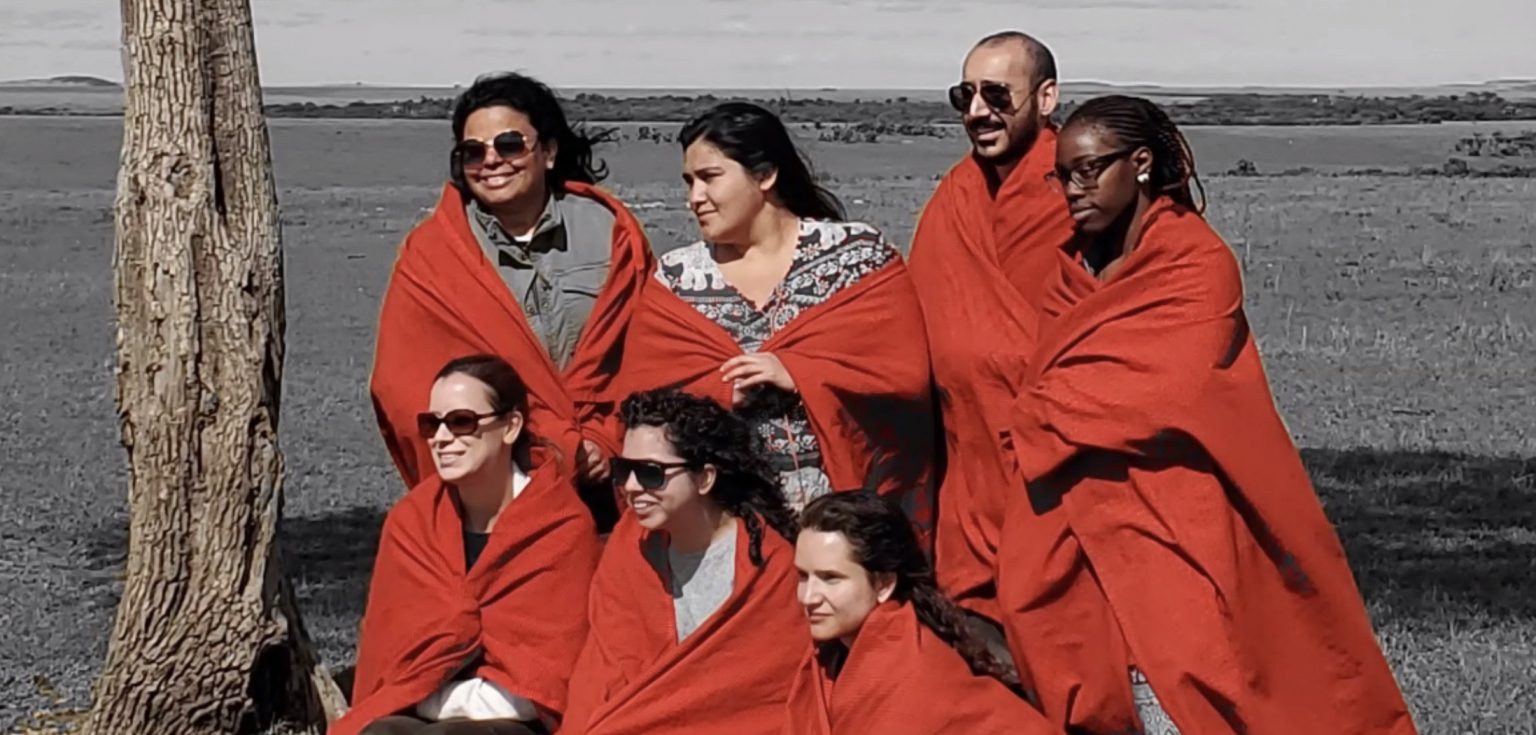The project began in 2016 with the founding of Every Girl Is Important, a nonprofit that aims to educate and empower young girls in Kenya who struggle to obtain a secondary education.
“One of the biggest challenges for the girls in Kenya is that [many]do not have access to high school … they either have to go to work or get married at a young age,” said Diane Rodríguez, Ph.D., the organization’s co-director and professor in curriculum and teaching at Fordham’s Graduate School of Education. “When women are educated, there are more leaders and more opportunities in those communities.”
The Fundraising Journey
By spring of 2019, Every Girl Is Important had raised nearly $80,000 to build the new boarding school. Donations continued to come in, including a $10,000 gift from Arthur McEwen, FCRH ’55, a retired vice president of human resources at UPS, but they didn’t close the final gap. Then this past winter, Rodríguez’s partner and EGII co-director in Kenya, Sister Veronica Rop, spoke about their project at Boston College, where she was then a visiting fellow. Sitting in the audience was James Keenan, S.J., vice provost for global engagement and then the director of the Gabelli Presidential Scholars Program at Boston College. Sister Veronica’s presentation inspired Father Keenan to speak with the Gabelli Foundation, which donated the $25,000 needed to complete the first stage of the boarding school. (The Gabelli Foundation is chaired by investor Mario Gabelli, an alumnus and major donor to Fordham for whom Fordham’s business school is named.)
“I think that what inspired [Father Keenan] was the good of the idea of educating girls in rural Kenya and giving them an opportunity to succeed, led by Kenyans and with Kenyans,” Rodríguez said, speaking in a phone call from North Carolina.
Since the start of the new millennium, Kenya has improved gender parity in primary and secondary education enrollment, but more than half of secondary school-age girls are still not enrolled in schools, according to the latest data from the United Nations Education, Scientific and Cultural Organization.
Giving Back to a Global Society Through GSE
Fordham has been involved with EGII’s efforts in Kenya for several years. In 2019, Rodríguez and six students from the Graduate School of Education traveled to Eldoret, a rural town in Kenya, where they mentored underprivileged girls and learned how to become more culturally sensitive educators. One of the six GSE students, Diana Baca, documented their experience in an eleven-minute YouTube video.
The boarding school’s construction was set to begin in April, and a new group of students in Rodríguez’s inaugural three-credit elective, Cross Cultural and Educational Perspectives of Communities of Learning, were scheduled to travel with Rodríguez to Kenya this spring to assist with the construction process. But when the pandemic began in March, all plans were put on hold.
The novel coronavirus has left Kenya relatively unscathed, compared to other countries like the U.S., according to a recent NPR story. However, it has left many girls more vulnerable to unwanted pregnancies amid the pandemic lockdown. Rodríguez said she hopes her Fordham students can travel to Eldoret in fall 2021 at the latest.
“[My students are] seeing the opportunities that they have and how can they give back in a global society,” Rodríguez said in a Fordham Zoom presentation on the initiative on Oct. 16. “Giving back not only at home, but giving back to empowering other girls around the world.”


